‘Liquid Geology’, a collection of tables crafted by London-based architecture and design studio CAN, is an extension of the studio’s research into and experimentation of innovative materials in unexpected contexts. The rough and rugged legs of the table, although made out of rubber, appear like rock-cut monoliths supporting the steel enamel table top, thus attesting to the studio’s inclination towards innovative usage of commonly found materials. “Liquid Geology is the culmination of our research into underutilised materials to create hyperreal spaces and products. The distorted scale of the super thin steel on chunky bases hints at looking through the tables through a watery lens, or a cross-section of a mountainous lake,” says Mat Barnes, founder and director of CAN.
The ‘Liquid Geology’ collection comprises a dining table, a coffee table and a side table. Steel table tops are hand-cut and bent at the edges to make them look more organic, softer and smoother. These flat steel surfaces are then coated with a layer of rich blue, green or orange enamel and fired at 820 degree celsius in a kiln. They are then finished off with a final splattering of contrasting colours, after which they are re-fired to set the rich colour splatter on their surface in place.
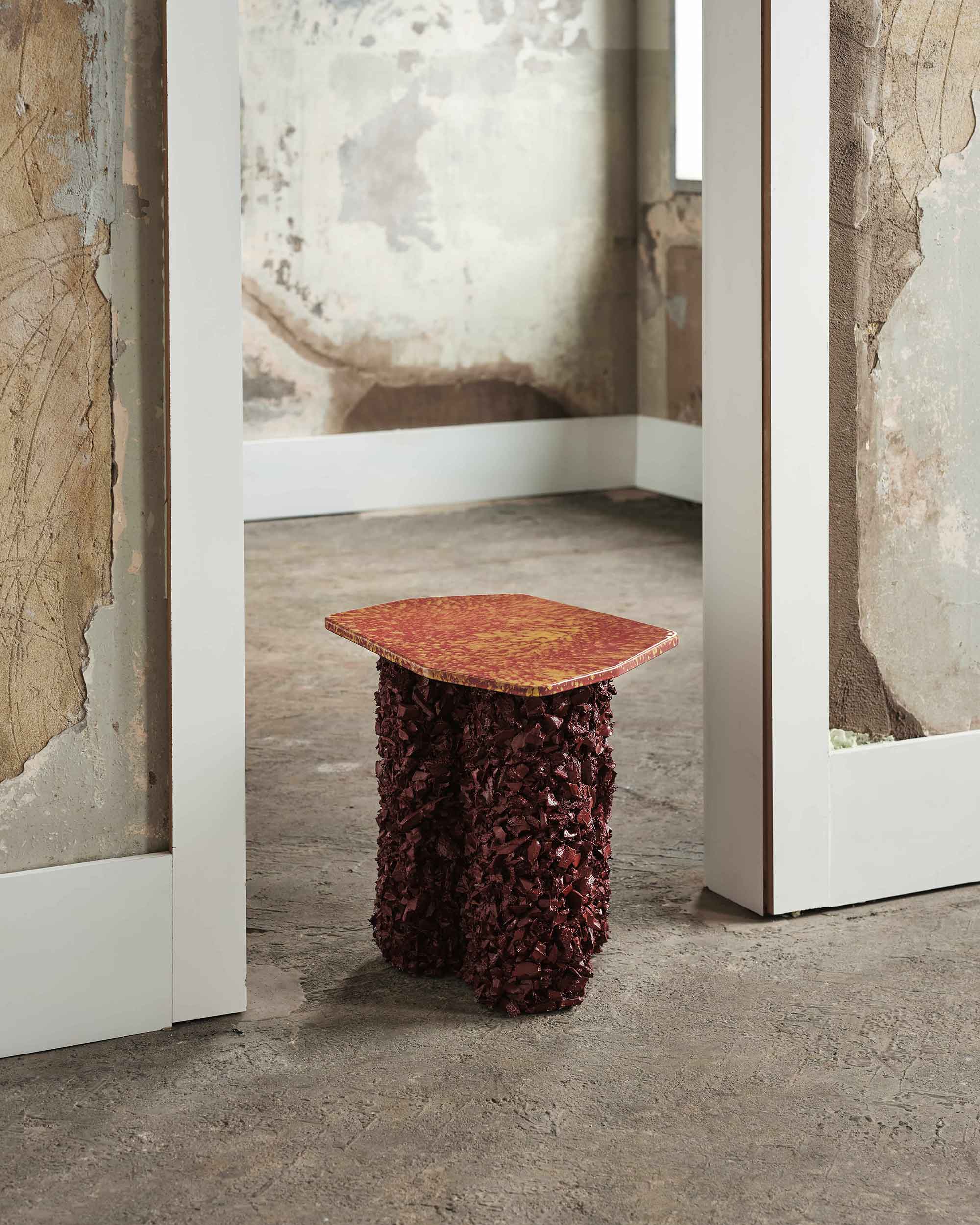
The base of these tables, crafted out of ‘rubber rock’, and characterised by rugged textures, are in diametric contrast to the flat and glossy finish of the table surface. Rubber rock is a unique material created by the studio using recycled rubber chips and resin. This innovative material serves as an optimal alternative to non-sustainable materials commonly used in furniture production. The ‘rubber rock’ legs of the table are then casted and coated in deep gloss paint by hand. The ruggedness of the rubber rocks, combined with the gloss of the paint gives it a dynamic appearance.
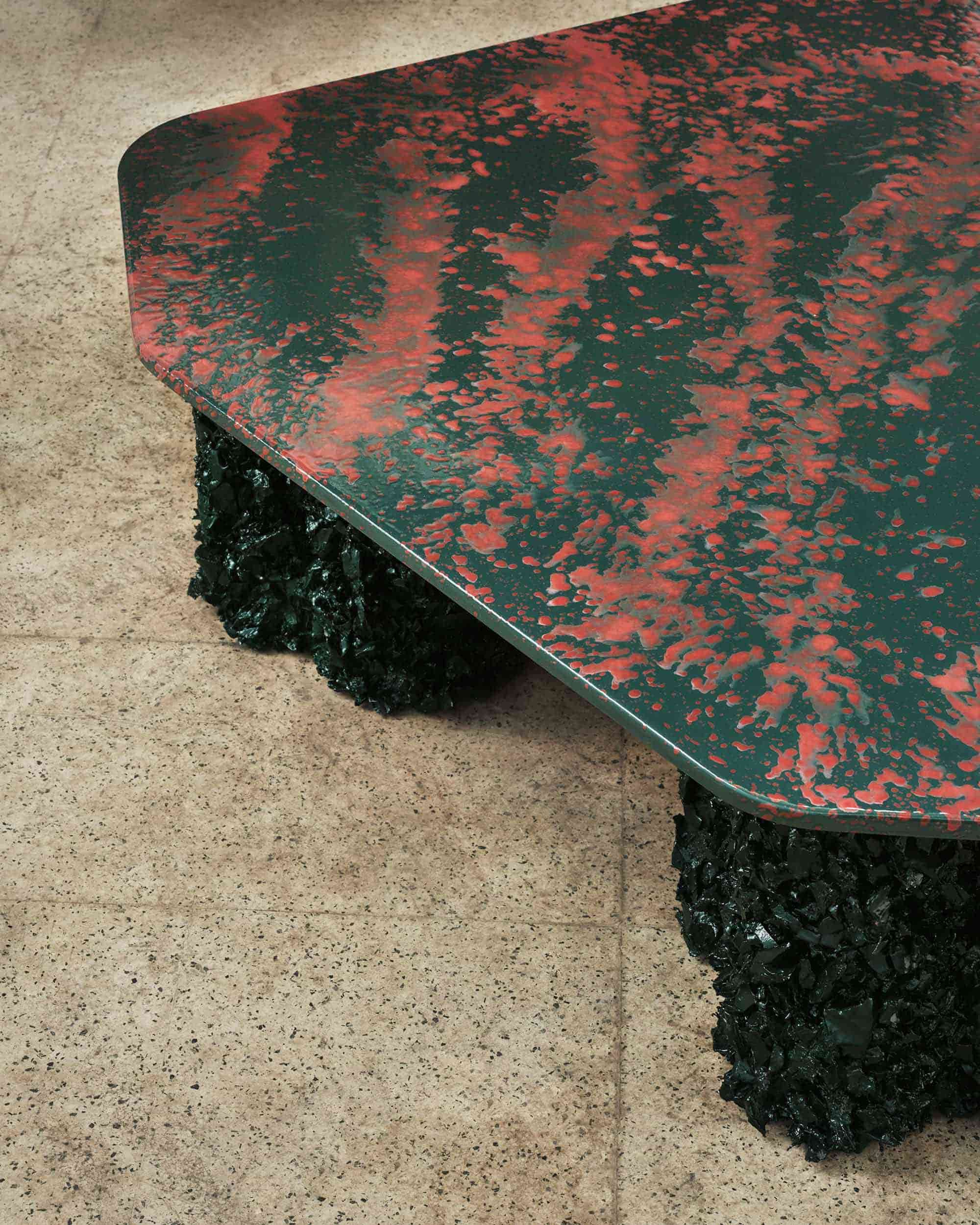
This series of tables by CAN was inspired by the rugged scenery witnessed in coastal areas and the sea landscapes that exist underwater. The designers also derived references from Claude Monet’s 1880’s paintings of sunrise and sunset on the RIver Thames. These dramatically different sources of inspiration helped the studio envision designs that partake the rich detailing and colouring from Monet’s impressionist paintings and roughness from naturally occurring geographic contexts to imbue their table collection with the magical essence common to both.
These tables serve to explore how contrast through scale, texture and materiality can add another layer of dynamism to designs. They are an extension of the studio’s unique style and personality and their imaginative and exploratory approach towards designing.
CAN is a design and architecture studio that heralds their projects with research into underutilised materials. Most of their creations are a product of extensive experimentation of materials and forms, and serve as an attempt to subvert and amplify their social and cultural contexts. Consequently, the objects and spaces designed by the studio are peculiar and idiosyncratic. They are layered with cultural and historical references on account of the research carried out for each project. CAN’s architecture and design projects are inclined towards creating expanses and items that can infuse joy and excitement around them, and serve to include and attract all, irrespective of any explicitly or implicitly discernible differences.






 Sign in with email
Sign in with email


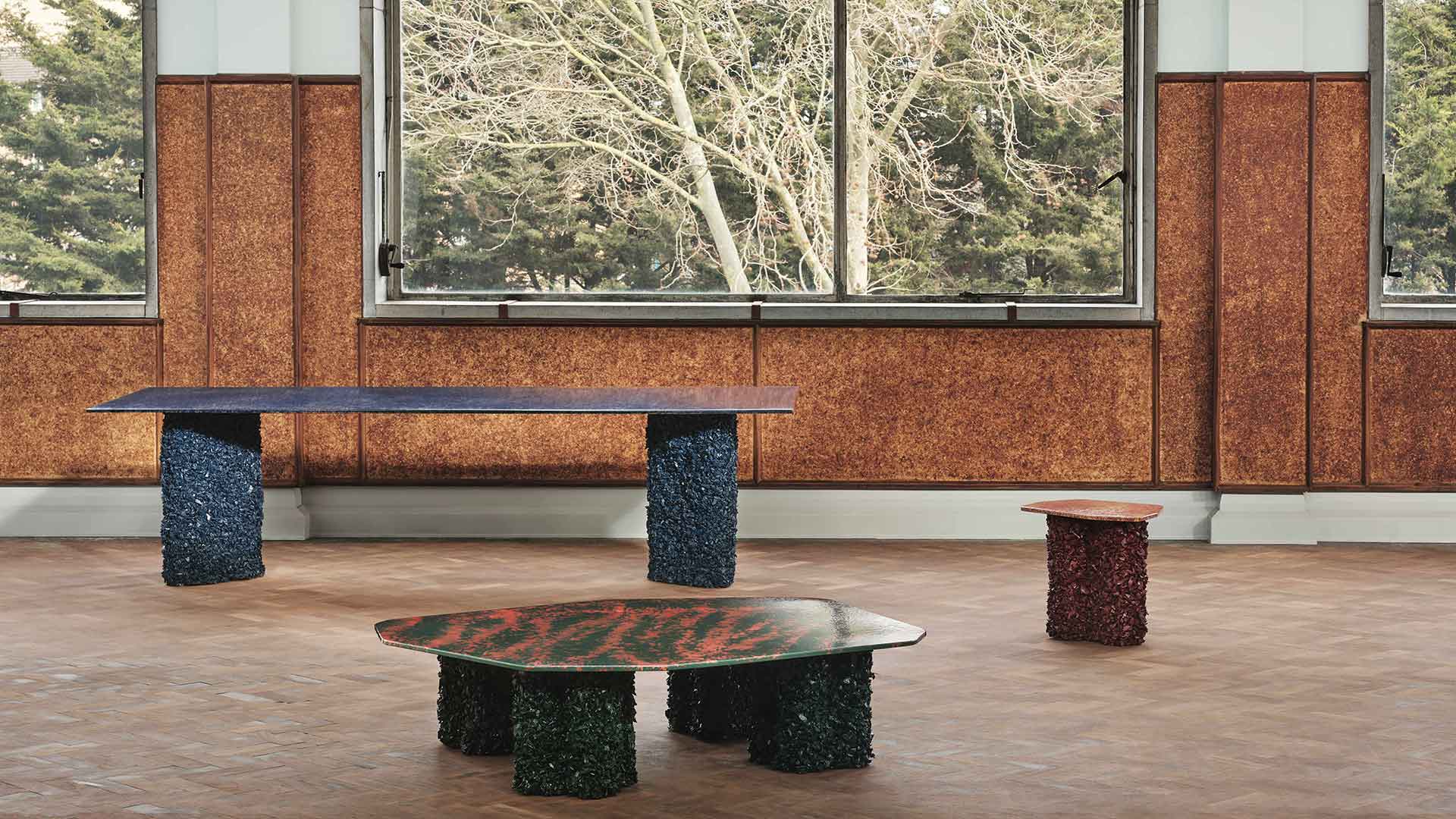
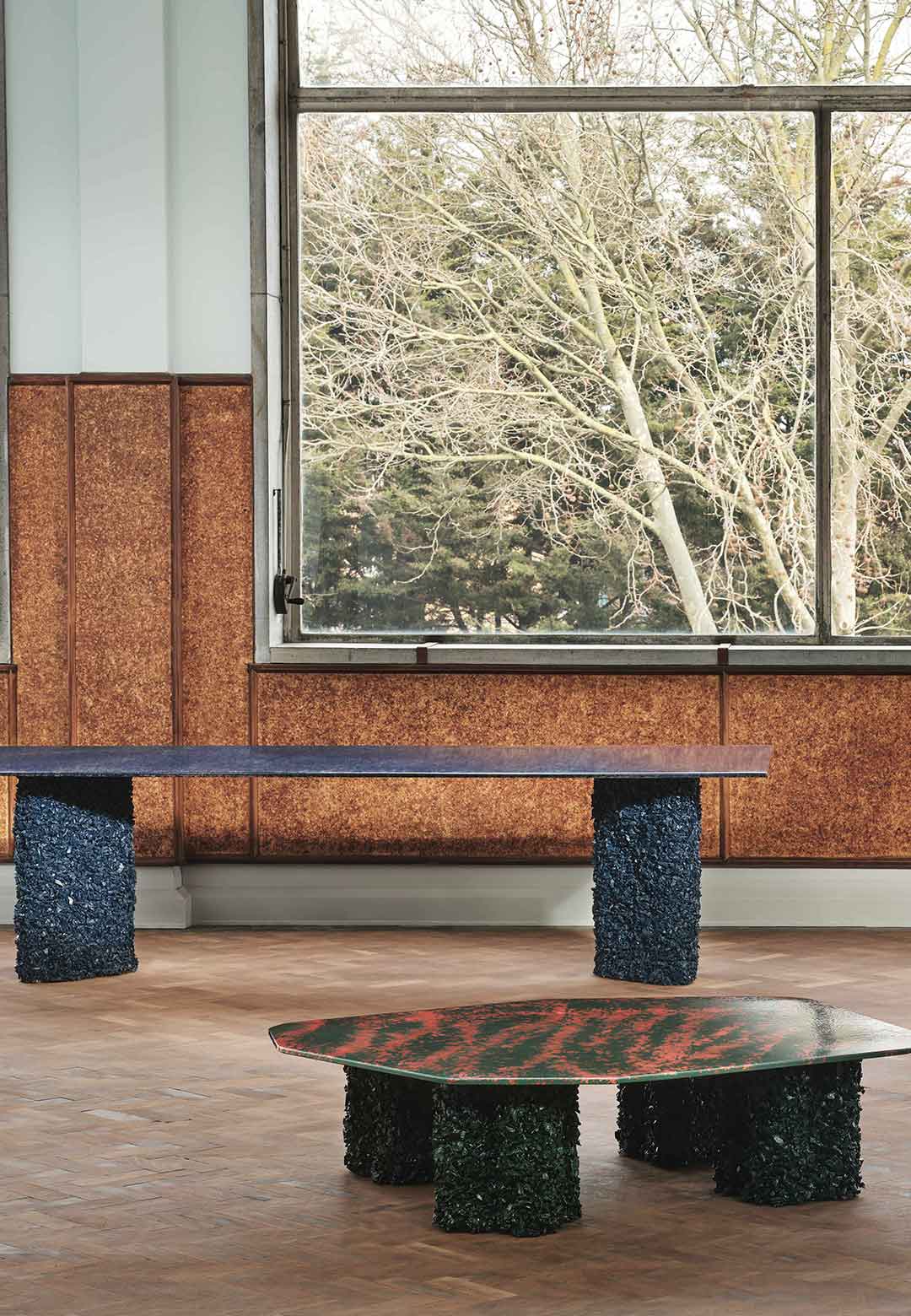
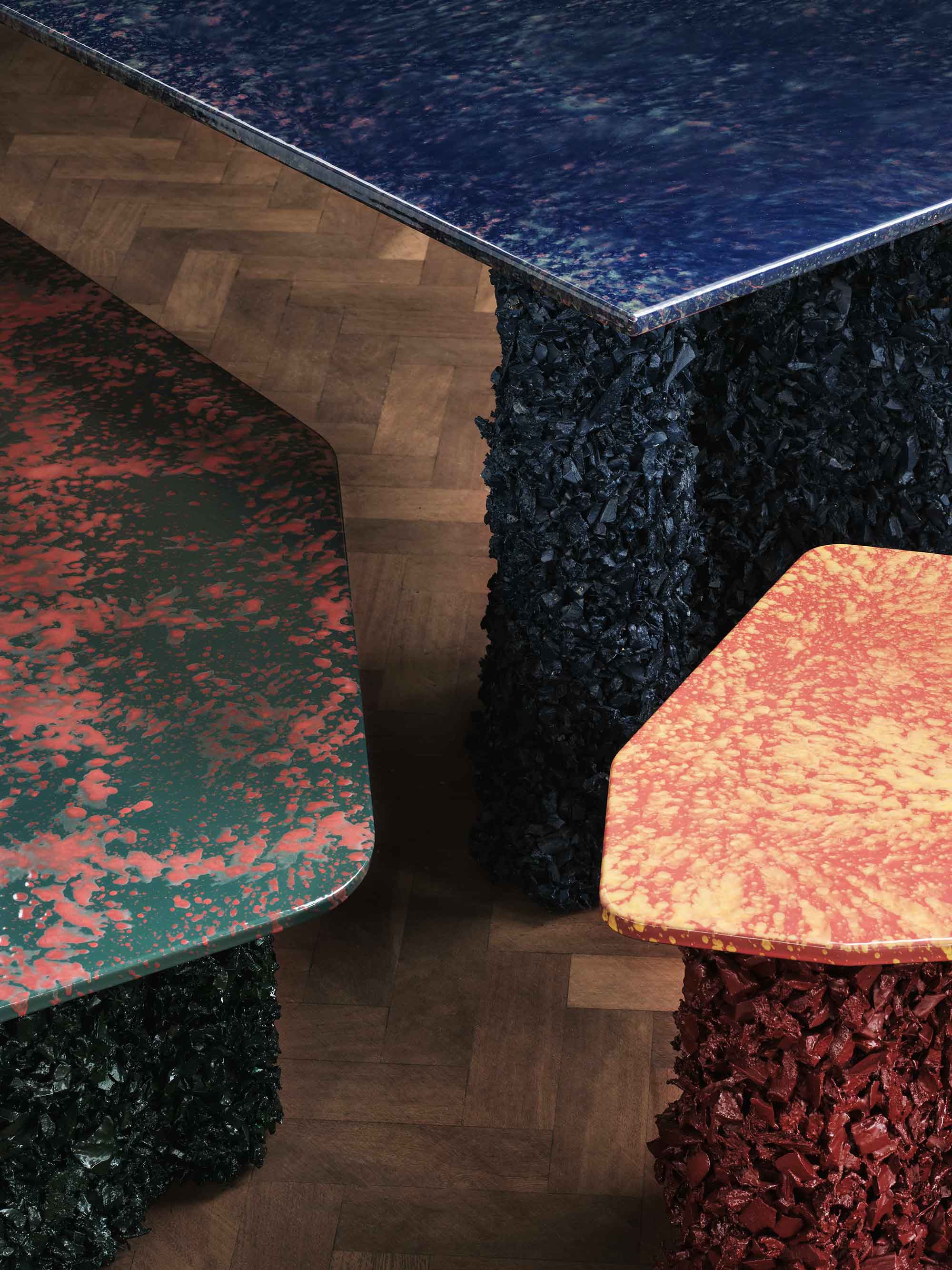
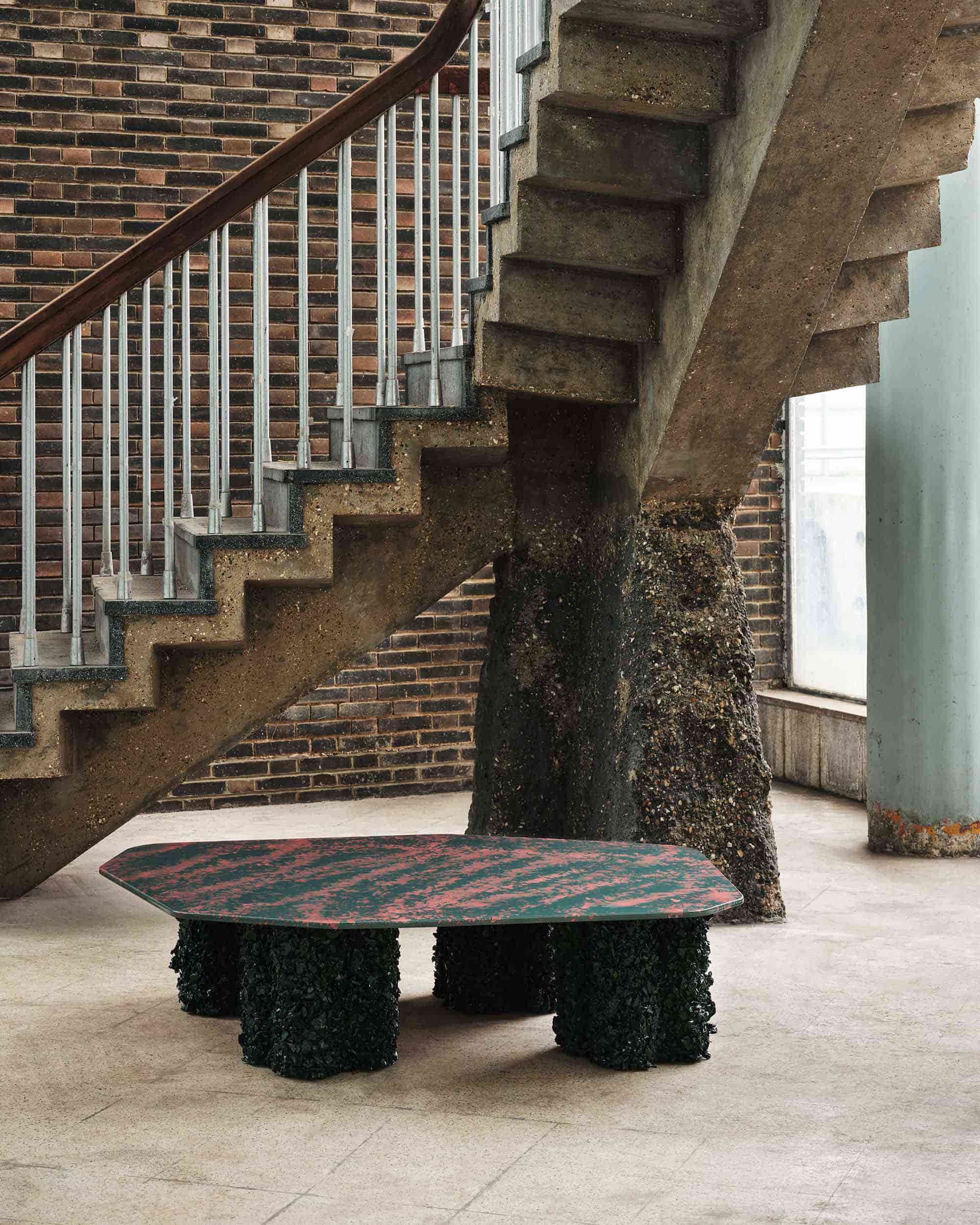
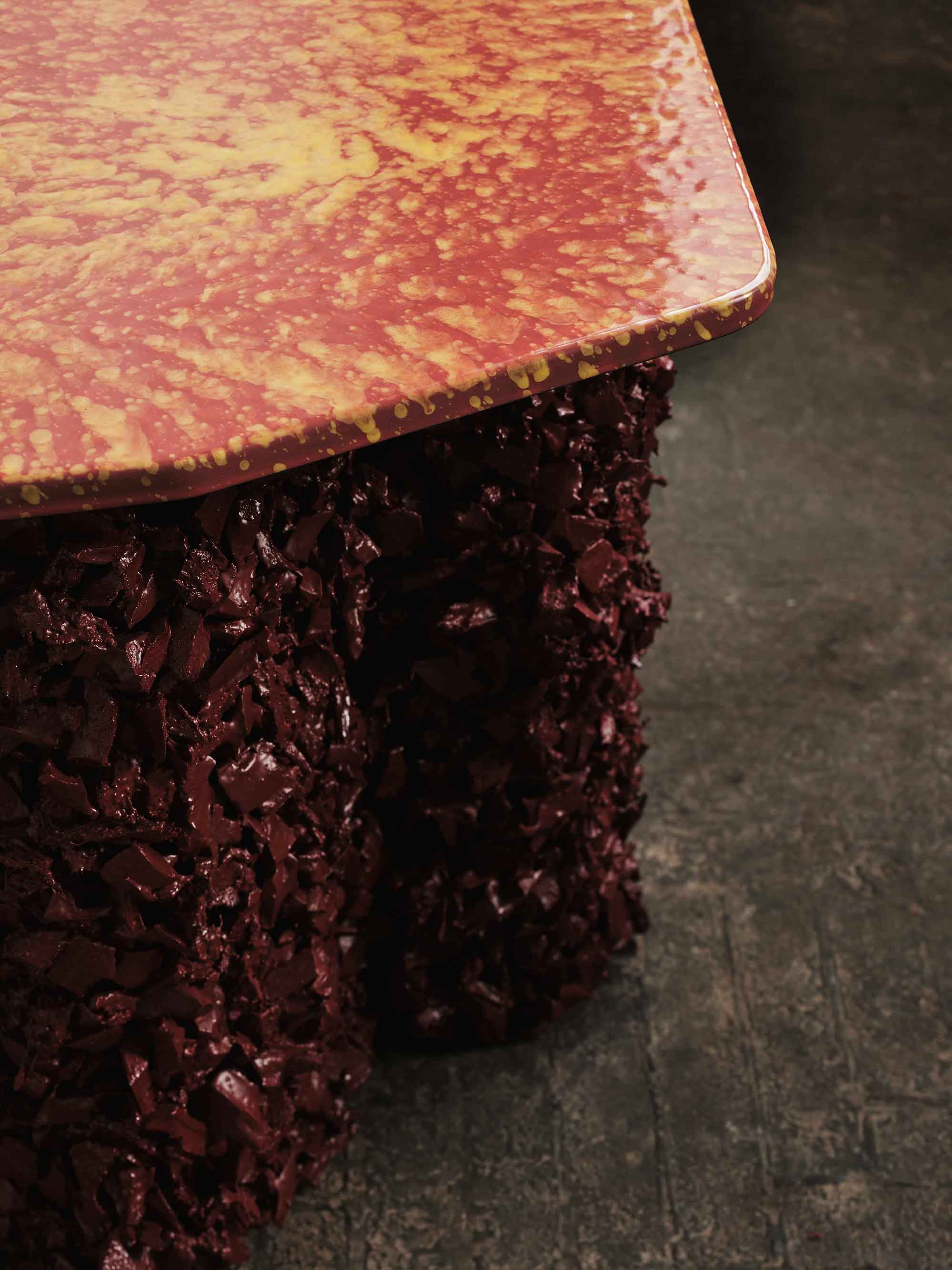
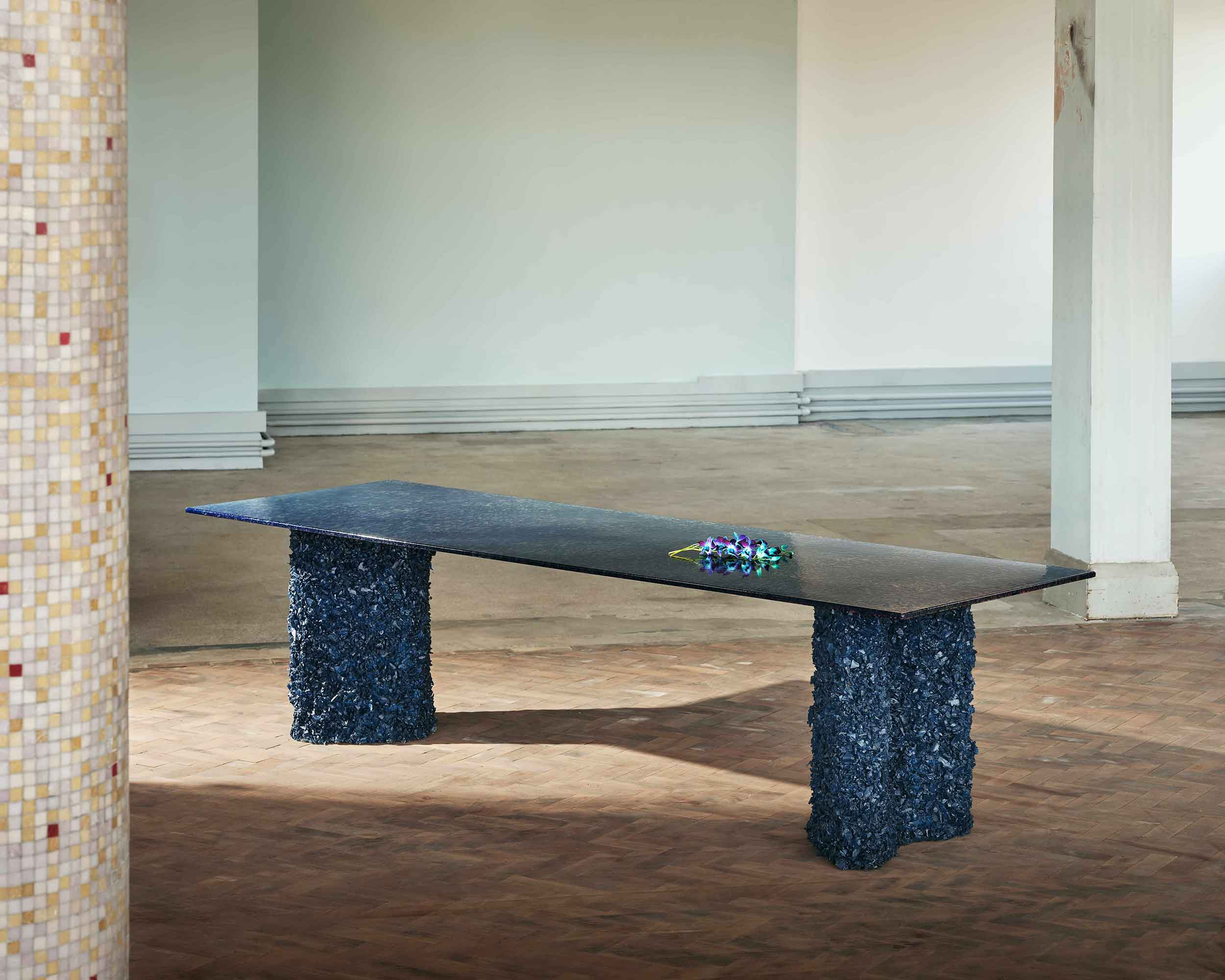
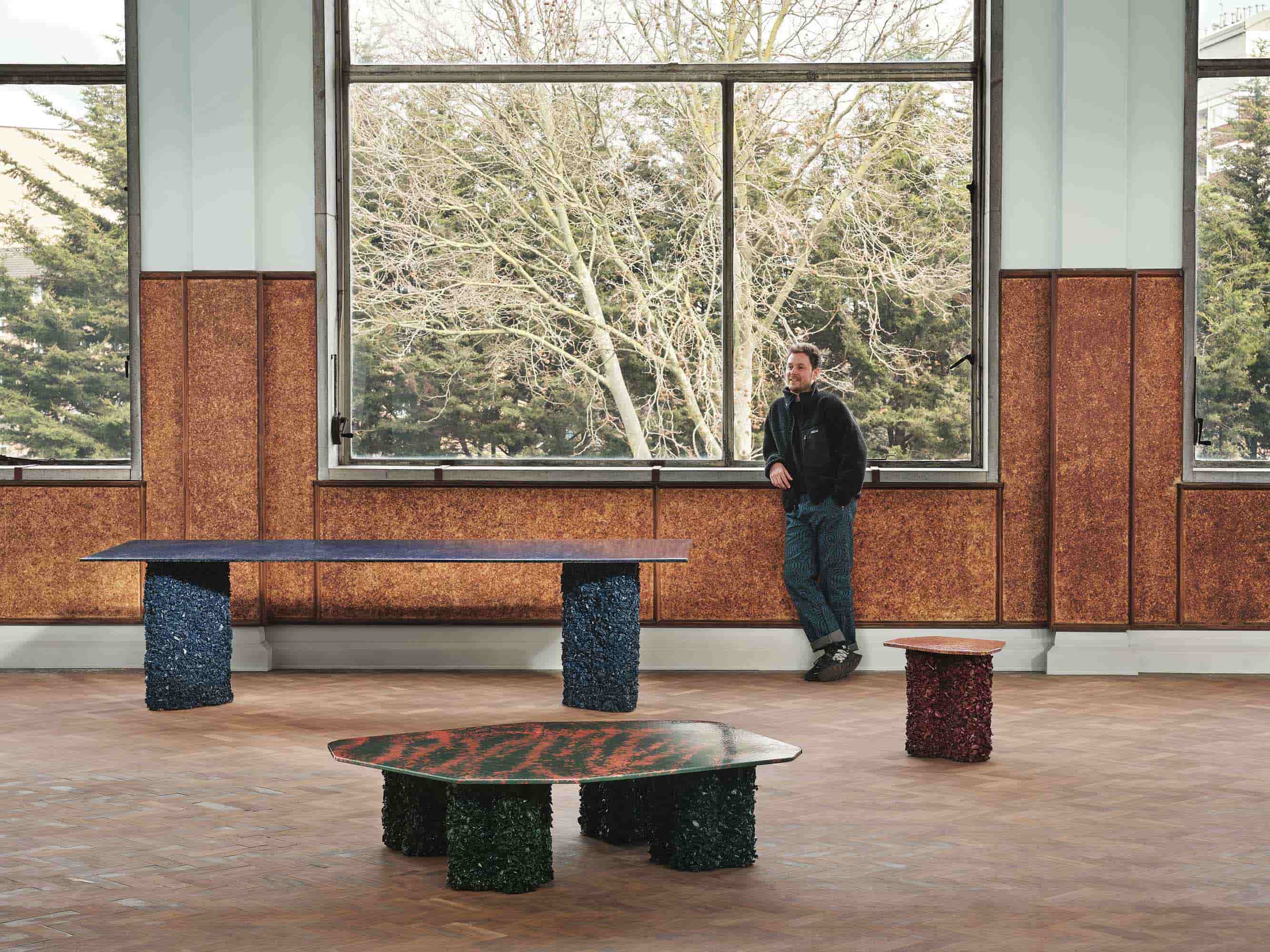






What do you think?